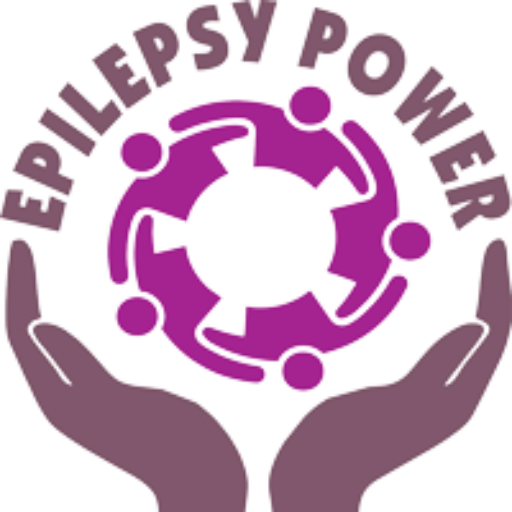- Introduction
- Section 1: Understanding Epilepsy
- Section 2: Promoting Awareness
- Section 3: Effective Communication Strategies
- Section 4: Self-Advocacy
- Concluding Remarks
- Quiz
Total Participants: 16
N. of issued certificate: 5
Raising awareness about epilepsy among co-workers is an important step toward fostering positive interactions and reducing stigma. By promoting understanding and empathy, people with epilepsy can build a supportive network at work.
Open Discussions
Initiating open discussions about epilepsy in the workplace can significantly contribute to raising awareness and reducing stigma. Here are some additional points to consider when encouraging these conversations.
- Involve Employees with Epilepsy: Your employer may be open to organising discussion forums for staff to raise epilepsy awareness, in which you should consider playing an active role in such forums. The firsthand experiences and insights of people with epilepsy can be valuable in dispelling misconceptions and providing a more accurate understanding of the condition. When people with epilepsy openly share their stories, it humanizes the condition, making it easier for others to empathize and support you .
- Addressing Common Myths: During these discussions, it is essential to address common myths and misconceptions about epilepsy. These might include beliefs that epilepsy is contagious, that all seizures are convulsive, or that individuals with epilepsy are unable to work effectively. Providing correct information can help challenge these misconceptions and create a more informed and empathetic workplace culture.
- Training Managers and Leaders: Managers and team leaders should facilitate these discussions and lead by example. When leaders are well-informed and comfortable discussing epilepsy, it sets a positive tone for the rest of the team and signals that it is a safe topic to talk about in the workplace. This should help you interact more meaningfully with co-workers and speak about your epilepsy.
- Share Success Stories: Sharing your success story as someone with epilepsy can be inspiring and help break down barriers. These stories can showcase that your epilepsy doesn’t define your capabilities or potential for career growth.
- Addressing Questions and Concerns: As well as providing a structured platform for discussion, workplaces should operate an open-door policy where employees can ask questions or express concerns about epilepsy without fear of judgment. This open dialogue fosters a culture of learning and respect. People with epilepsy, who disclose their condition, may also wish to invite co-workers to ask questions or to engage in dialogue on epilepsy in an informal way.
Training and Workshops
More formal workplace-sponsored training sessions and workshops on epilepsy can be an effective means of educating employees about the condition and fostering a supportive work environment. Here are some additional considerations for implementing these initiatives:
- Expert Presenters: Collaborate with epilepsy experts, neurologists, or representatives from epilepsy support organizations to conduct the training sessions and workshops. Their professional knowledge can help ensure that the information provided is accurate, up-to-date, and evidence-based.
- Recognizing Different Types of Seizures: This training should cover the different types of seizures individuals with epilepsy may experience. It is essential to recognize that not all epilepsy types result in convulsive seizures; some may present as absence seizures, focal seizures, or other variations. Understanding these differences will help employees respond appropriately if they witness a seizure.
- Seizure First Aid: Alongside epilepsy education, consider incorporating basic first aid training, including how to deal with a seizure. Employees should know how to respond if a co-worker has a seizure can build confidence and reduce anxiety, further contributing to a supportive atmosphere.
Exercise 2: Take a certified seizure first aid course from the Epilepsy Foundation of America:
https://www.epilepsy.com/recognition/first-aid-resources
Utilizing Resources
Leveraging resources from reputable epilepsy support organizations can provide valuable materials and information for educating co-workers. Here are some ways to utilize these resources effectively:
- Informative Brochures: Obtain brochures or pamphlets from epilepsy support organizations that explain the condition, its management, and how co-workers can offer support. Distribute these materials strategically, such as placing them in break rooms or common areas where employees can easily access them.
- Online Webinars and Articles: Many epilepsy organizations host webinars, publish articles, or create educational videos about epilepsy. Share links to these resources through internal communication channels like emails or company newsletters. This approach allows employees to engage with the material at their convenience and from various devices.
- Awareness Events: Participate in epilepsy awareness events organized by reputable organizations. These events may include walks, runs, or fundraisers that not only raise awareness but also offer opportunities for employees to get involved and support the cause – in a fun way. Many companies may also consider getting involved in celebrating International Epilepsy Day, for example.
By expanding on these recommendations and incorporating them into the workplace culture, employees can develop a better understanding of epilepsy, leading to a more empathetic and supportive network for individuals with epilepsy at work. This, in turn, helps reduce stigma, improve overall well-being, and foster a more inclusive work environment for everyone.
